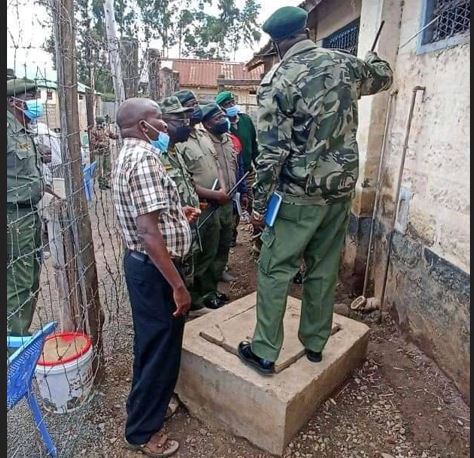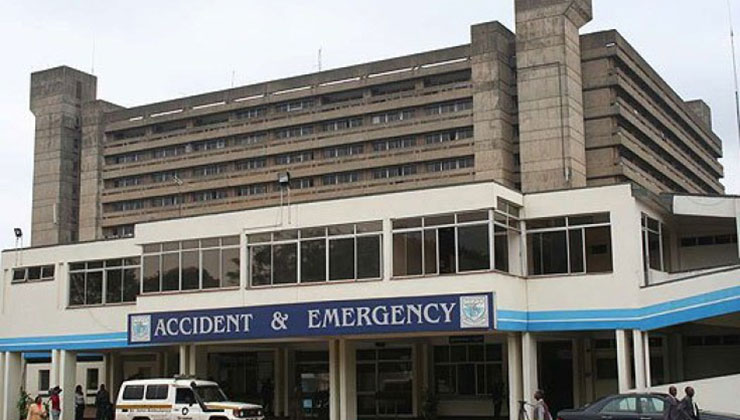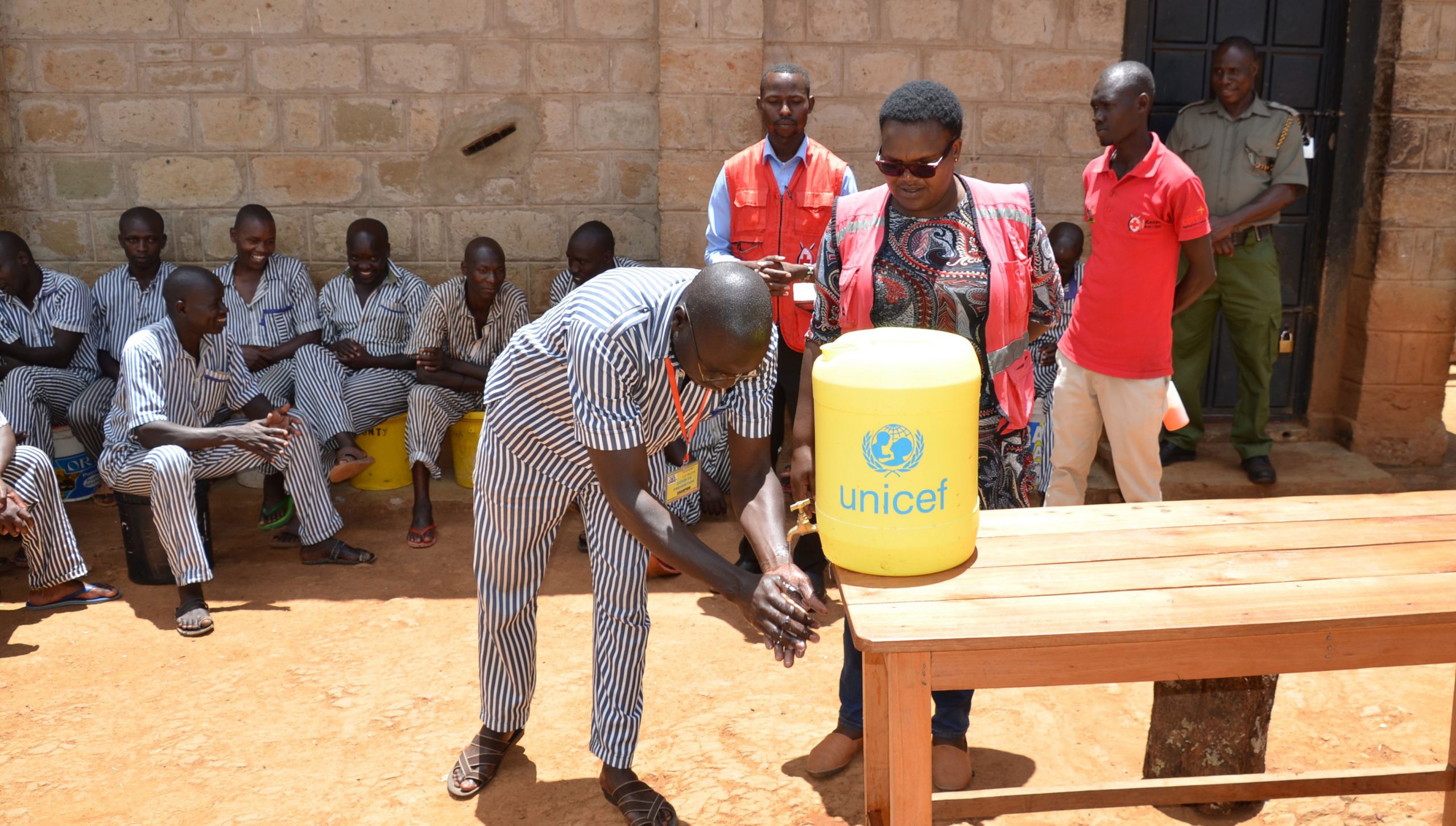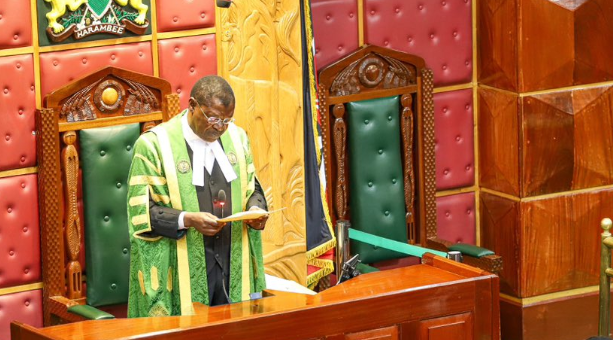At 17, they had killed a man – Chilling revelation of inmates who escaped from Nanyuki Prison

Three of the inmates who staged a daring escape from Nanyuki Prisons on Saturday morning had on October 24, 2017, murdered Lmalewan Lesondoreka in Kilimoni, Laikipia North Sub-county when they were only aged 17.
Due to their violent and unruly behaviour, the authorities were in 2018 forced to transfer them from Nyeri Children’s Remand Home to Nanyuki police station and later, a judge ordered that they should not be released on bail.
Court records indicate that on November 20, 2018, Justice Hatari Waweru, during a bail application ruling said he was satisfied that it would be very difficult to trace the suspects and bring them to court for their trial should they jump bail.
He ordered: “This is a compelling reason to deny them all bail. In the event all the accused persons shall remain in custody for the duration of their trial.”
Lereiyo Lekiale, Nangoye Lenawaso and Mareri Tetkor are among the six inmates who staged a daring escape from the prison on Saturday morning. They had been charged together with Lepunyaki Lekaaso, Lunyeris Lekupanae, Nkaaka Lepeta and Tubula Lelmojok.
The three escapees, all facing murder charges before court escaped together with robbery with violence suspects identified as Francis Kamau Nduati, Patrick Fundi, and James Sike.
The Commissioner General of Prisons Wycliffe Ogallo visited the prison to assess the situation. Ogalo assured the public that the Service was committed to safeguarding the prisoners in safe custody and that all measures will be taken to avoid repeat of such an incident.
Records indicate that the murder suspects were formally charged on December 13, 2017, and they pleaded not guilty to the charge.
The trial began on February 13, 2018, and the judge later called for their pre-bail reports but the records were unfavourable and they could not be released on bond.
On September 26 the same year, the suspects renewed their applications for bail. The following month, Constable Evans Kibet, the investigating officer, swore an affidavit to oppose the bail.
The officer gave a number of reasons including stating that the suspects were a flight risk since they did not, at the time of their arrest and subsequently, provide any details of their residences or permanent places of abode.
Constable Kibet also stated that the deceased in the case was killed while the perpetrators were in the process of committing the offence of stock theft.
“The accused persons were arrested while in the process of committing a subsequent similar offence, and appeared to be members of an organised gang of stock thieves, and there was thus danger of them committing more similar crimes if admitted to bail,” the officer informed the court.
The suspects did not file any affidavits in response to the investigating officer’s affidavit.
Justice Hatari Waweru who presided over the bail application case said though bail pending trial was now a constitutional right that will be denied only for compelling reason, the court must have the certainty that the accused persons will attend court for his trial, and that if they don’t, it will be reasonably easy to apprehend them and present him to court for the trial.
“Compelling reason must necessarily be mainly a matter of evidence laid before the court by the prosecution,” Justice Waweru ruled.
“The presumption of innocence of the accused persons is of course uppermost in the court’s mind pending the conclusion of their trial. But I note from the circumstances of this case as disclosed by the witness statements and the testimonies of the two witnesses who have already testified, that some three firearms were involved when the deceased was killed,” he added.
Justice Waweru said he was satisfied that it would be very difficult to trace the suspects and bring them to court for their trial should they jump bail.
“This is a compelling reason to deny them all bail. In the event all the accused persons shall remain in custody for the duration of their trial,” he ordered on November 20, 2018.
The suspects had murdered the victim while stealing stock and were arrested during commission of a subsequent offence similar to the one in which the deceased was killed.











